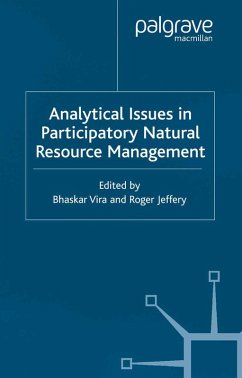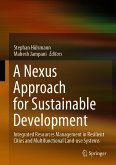Over the past one hundred years in particular, there has been a steady process by which natural resources (such as ground-water, forests, fishing grounds and grazing land) have been increasingly managed by centralised institutions. Governments and other national agencies have argued that this promotes efficiency, equity, and other wide national goals. Recently this orthodoxy has been challenged by rising numbers of experiments that show how centralised management tends to fail. Global, national and local goals are more likely to be met, at lower cost and with other benefits (such as promoting better democratic institutions) by involving local populations in collaborative management agreements. This volume, based on detailed case studies from around the world, subjects some of these experiments to critical study, and suggests limits to the participative approach as well as ways it can be improved and made suitable for new contexts.
Dieser Download kann aus rechtlichen Gründen nur mit Rechnungsadresse in A, B, BG, CY, CZ, D, DK, EW, E, FIN, F, GR, HR, H, IRL, I, LT, L, LR, M, NL, PL, P, R, S, SLO, SK ausgeliefert werden.









